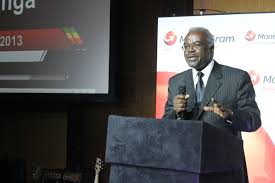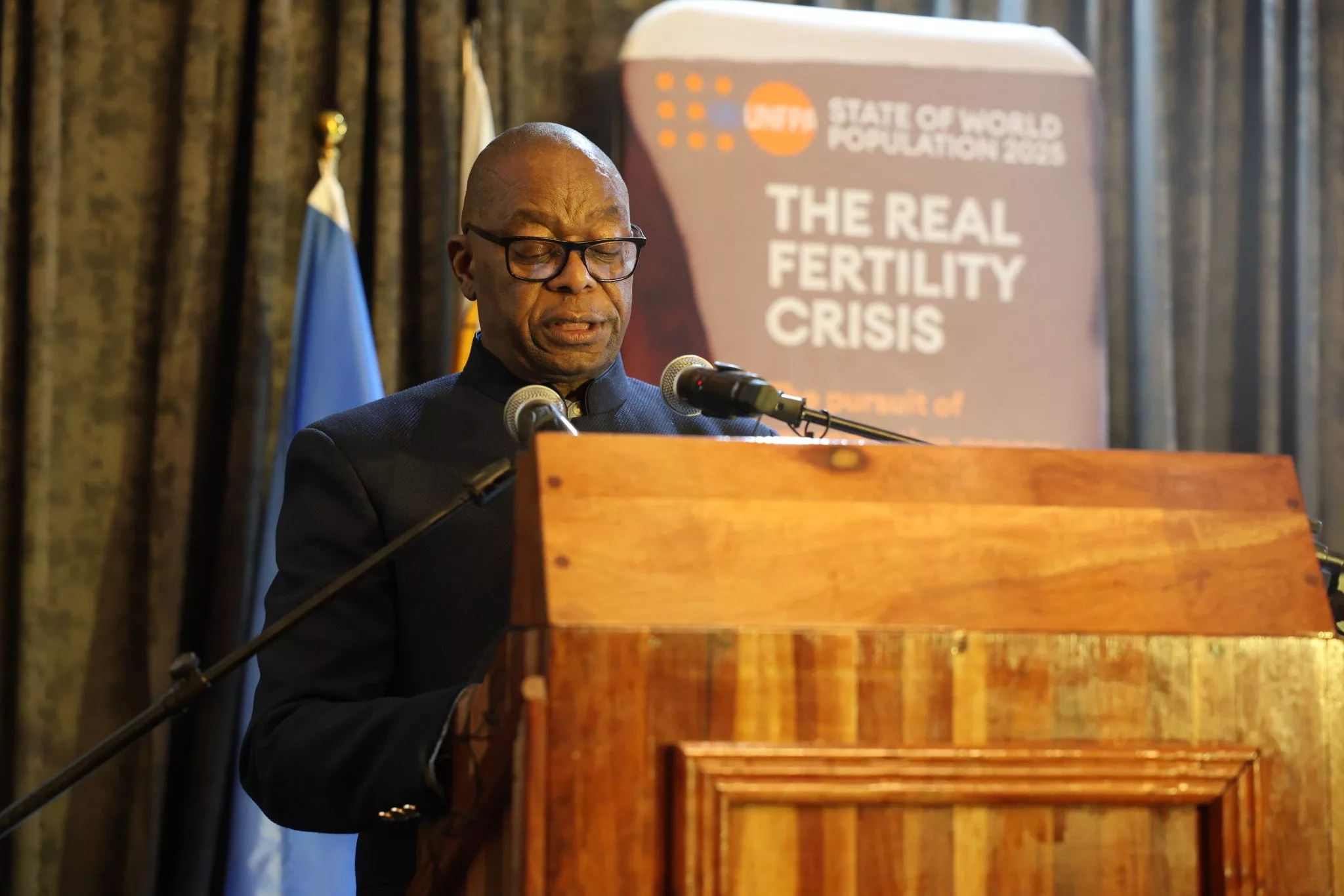The St. Monica Chikuku Training Centre is alive today thanks to the unwavering support and commitment of the native sons and daughters of the area some based in the country and others in the diaspora.
The Chikuku Training Centre was founded by the late Catechist Alois Mutambanesango with the support of Fr. Wedder around 1991. It is situated in Bikita district, Chief Budzi in ward 18. It was established by the St. Monica Chikuku Parish, which now has been canonically established as a mission station in 2014. It receives students from all over Masvingo Province particularly Bikita district and some from the neighbouring Gutu, Zaka, Masvingo, Chivi and Chipinge districts
The training Centre is guided by Caritas vision and mission which seeks to see an empowered, resilient and dignified community where youths are productive and self-reliant. The Centre is committed to addressing the spiritual, physical, socio-economic and intellectual needs of communities in Masvingo Diocese through vocational skills training that leads to sustainable development
While Chikuku Training centre is a community-based institution, it is run under the Roman Catholic Church in Masvingo Diocese with the Bishop as the Legal Holder but it is directly monitored by Caritas which the development arm of the church well-constituted and reputable to manage development projects
The centre operates under a well-constituted management system with solid policies directed by boards at different levels. The system enhances financial and material resource accountability especially donor funds where Caritas takes direct responsibility on acquittal on all funds passing through it to the centre
The last 20 years saw the centre going through progressive changes. This has been possible through assistance from many stakeholders. Firstly, the community had a very significant local contribution. It provided labour, bricks and other locally available resources.
Some resources came from the Bishop directly and indirectly through Caritas and also from, government grants, private funds from individuals and donations in cash and kind from many partners locally and abroad.
One such individual is Ambassador Machinga who has spearheaded fundraising activities that have seen the centre being supported with teaching and learning equipment and materials and infrastructural development.
Mr. Douglas Chikohora is another individual who has immensely supported the development of the training centre but was not at liberty to disclose the extent of his philanthropy to this publication since he prefers to carry a low profile.
The centre started with one classroom block but now has 3×2 classroom blocks, 3 tutor houses, girls and boys dormitories and a hall. Starting with only two vocational-subjects which were building and sewing. The centre is now training youth in welding, knitting, carpentry and of late the centre is now offering cosmetology. The courses are being offered on long term (2years) and some on short term (2 weeks) basis depending on need.
Over and above vocational subjects the centre mainstreams gender, HIV, health and hygiene education, civic and peacebuilding education. The vocational Training Centre has a capacity of enrolment of over 100 students per year and an establishment of five fulltime tutors but more are hired on short term contracts to attend to short courses on need. Agriculture is a cross-cutting subject which benefits every student.
The centre has produced quite a number of students where a great number is self-employed to solve the country s worst problem of youth unemployment that has gone beyond 75%. Some luck graduates are now employed in the industry. While some crossed borders for greener pastures particularly to South Africa some more determined graduates have re-joined the formal system, re-enrolled at Polytechnic colleges to become more qualified artisans.
The training centre has enjoyed to a great extent the piped water systems established.






